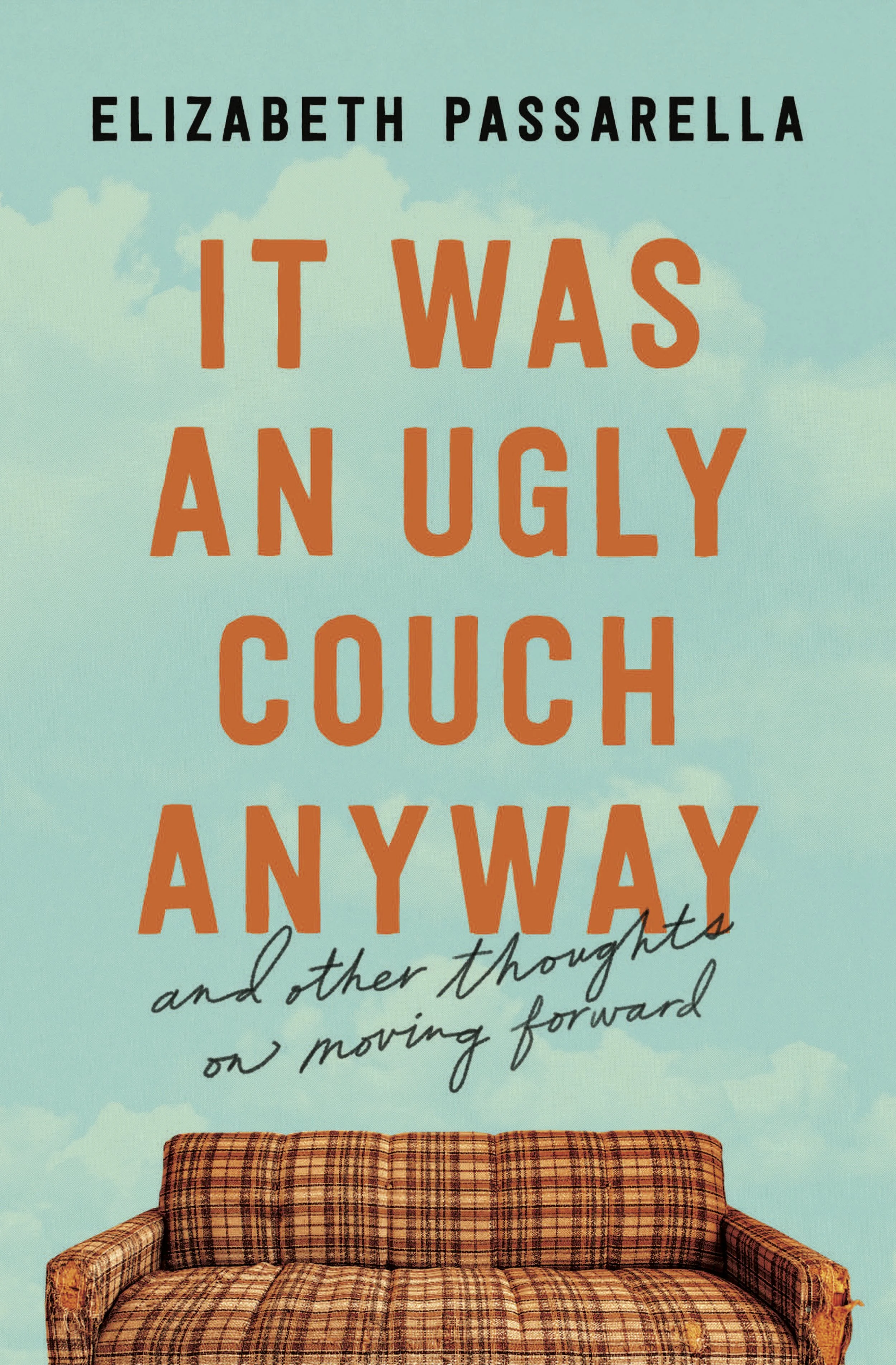It Was an Ugly Couch Anyway
And Other Thoughts on Moving Forward
A collection of refreshingly honest and hilarious essays about navigating change—whether emotional or logistical—and staying sane during life's unexpected twists and turns.
After Elizabeth Passarella and her husband finally decided that it was time to sell their two-bedroom apartment in Manhattan, she found herself wondering, Is there a proper technique for skinning a couch? The couch in question was a beloved hand-me-down from her father, who had recently passed away, and she was surprisingly reluctant to let the nine-foot, plaid, velour-covered piece of furniture go. So, out came the scissors. She kept the fabric and tossed the couch.
We've all had to make decisions in our lives about what to keep and what to toss—habits, attitudes, friends, even homes. In this new collection of essays, Elizabeth explores the ups and downs of moving forward with her welcome candor and sense of humor that readers have come to love. She enters into a remarkable (and strange) relationship with an elderly neighbor whose apartment she hopes to buy, examines her own stubborn stances on motherhood and therapy, and tries to come to terms with a family health crisis that brings more questions than answers. Along the way Elizabeth reminds readers that when they feel stuck or their load feels heavy, there is always light breaking in somewhere.
good apple
tales of a southern evangelical in New York
A Real Simple Best Book of the Year 2021
In her wry and witty debut, Elizabeth Passarella details the strange sacredness of life in Manhattan as a Southerner who once worked for Ralph Reed but is now a committed New York Democrat. With stories about everything from fighting with her husband on public sidewalks to discovering, after eleven years, that her refrigerator has an automatic ice machine she’d never used, Elizabeth draws readers in with her humor and vulnerability. Good Apple is a love letter to New York City and a breath of fresh air for anyone who knows what it’s like to contain multitudes—which is, of course, all of us.

